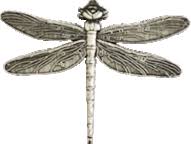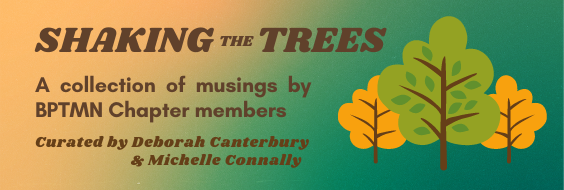Karen Spalding-Wright, 2017

“My sister also graduated from BPTMN in 2017. This afforded us the opportunity to volunteer together.”
– Karen
I have been volunteering at the Blackland Prairie Raptor Center since my BPTMN graduation in 2017. Most of my volunteer hours have accrued here at the BPRC. [My sister] had an interest in working with animals which led us to choosing to work at the BPRC. Neither of us knew much about raptors when we started. The Raptor Center provided excellent hands-on training in raptor handling and in rehab care. This training was provided by a very patient and knowledgeable staff; particularly the former rehab manager Liz Dunn and the current rehab manager Hailey LeBaron.
“The Blackland Prairie Raptor Center is a rehabilitation and conservation education organization, specializing in fostering better public understanding of the relationship between birds of prey and healthy ecosystems.” Raptors are an important part of our environment but they need our protection. Here is a list of simple things you can do to help insure their survival:
1. “Nest is best” is our mantra during baby season. If you find a baby raptor on the ground, the parents are often nearby and will continue to care for it. Please call our facility if you have any questions on renesting or if you are concerned that the baby may be injured.
2. Some of the babies that are brought in suffer from fertilizer burns on their foot pads and toes. These burns can result in talon amputation or in worst cases, euthanasia. Please water in fertilizer immediately after application and apply only the amount recommended by the manufacturer.
3. We have treated raptors suffering from the effects of rodenticide after eating poisoned rodents. We have also had to remove small raptors from glue traps or from being caught in snap traps. Raptors are nature’s best form of rodent control. There is information online on constructing and installing a screech owl box. If that is not an option, then limit your rodent control to only the interior of your house and attic.
4. We have treated raptors for lead poisoning. This is entirely due to hunters using lead ammunition or through anglers using lead tackles. The lead will make its way up the food chain.



